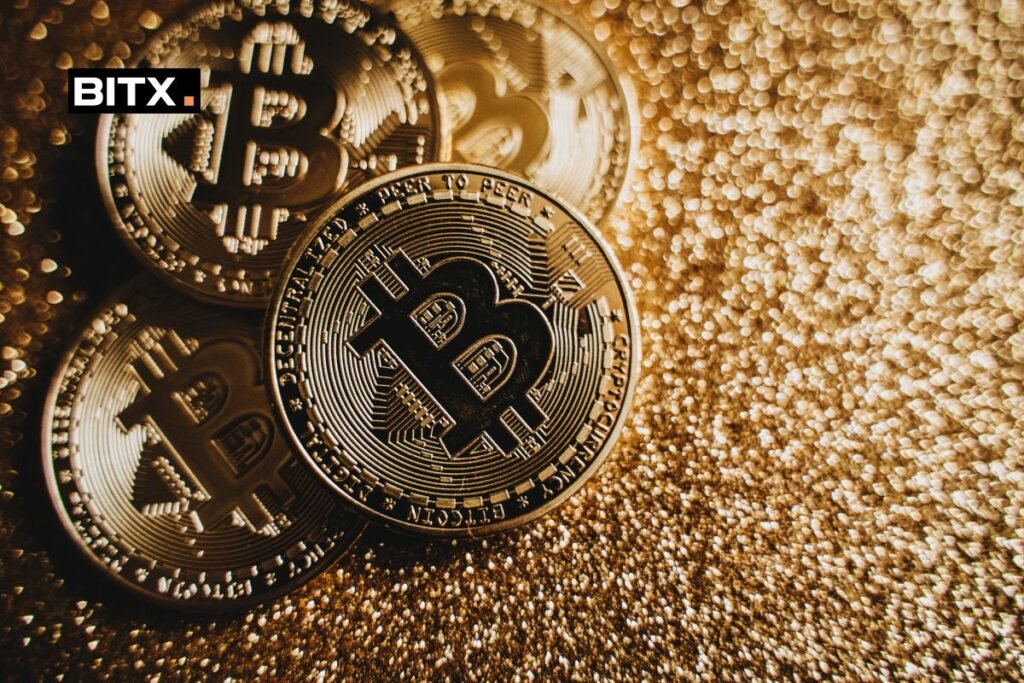Introduction
In the rapidly evolving digital era, one technological innovation that has captivated the world is Bitcoin, the first decentralized cryptocurrency. One of the key principles that set Bitcoin apart from traditional fiat currencies is its decentralization, a concept rooted in the blockchain technology it employs. This article delves into the intricacies of Bitcoin’s decentralization and the power that blockchain technology wields.
What is Decentralization?
Decentralization, in the context of Bitcoin, refers to a system without a central authority or middlemen. Instead, the network is distributed across many computers connected to the internet. Decentralization is one of the foundational elements of Bitcoin, making it resistant to control, manipulation, or censorship by a single entity.
The Role of Blockchain in Bitcoin’s Decentralization
The blockchain, the underlying technology of Bitcoin, plays a pivotal role in its decentralization. It’s a digital, distributed ledger that records transactions across multiple computers, making it tamper-proof and highly secure. Each block of data (containing numerous transactions) is linked to the previous block, forming a chronological chain (hence the name "blockchain").
How Decentralization Works in Bitcoin
In a decentralized Bitcoin network, anyone with an internet connection and suitable software can participate as a ‘node.’ These nodes work together to validate and record transactions on the blockchain. Each node on the network has an identical copy of the blockchain, so no single entity can manipulate or alter the data without the consensus of the majority of the network.
The Power of Consensus
Consensus in a decentralized Bitcoin network is reached through a process called mining. Miners are nodes that solve complex mathematical problems to validate new transactions made on the network. Upon solving a problem, the miner is rewarded with Bitcoin, and the validated transactions are added to the blockchain. This process ensures that the network remains secure, as it would require a majority of miners (known as a 51% attack) to agree on and execute fraudulent actions.
Decentralization and Financial Freedom
Bitcoin’s decentralization brings several benefits, particularly financial freedom. As a decentralized currency, Bitcoin transcends geographical borders and traditional financial institutions, enabling users to make transactions directly with one another without the need for intermediaries like banks. This eliminates many of the fees, delays, and restrictions associated with traditional financial systems.
The Future of Decentralization: Beyond Bitcoin
The power of Bitcoin’s decentralization and the underpinning blockchain technology extends beyond cryptocurrency. A host of other decentralized applications, or DApps, have emerged, promising to disrupt industries such as finance, voting, healthcare, and supply chain management. As we move forward, decentralization is set to play an increasingly significant role in shaping our digital future.
Conclusion
Understanding Bitcoin’s decentralization and the power of blockchain technology opens a window into the future of digital transactions and the democratization of data. By removing the need for intermediaries and empowering individuals, decentralization embodies the potential for new levels of financial freedom, security, and efficiency in our increasingly digital world.

